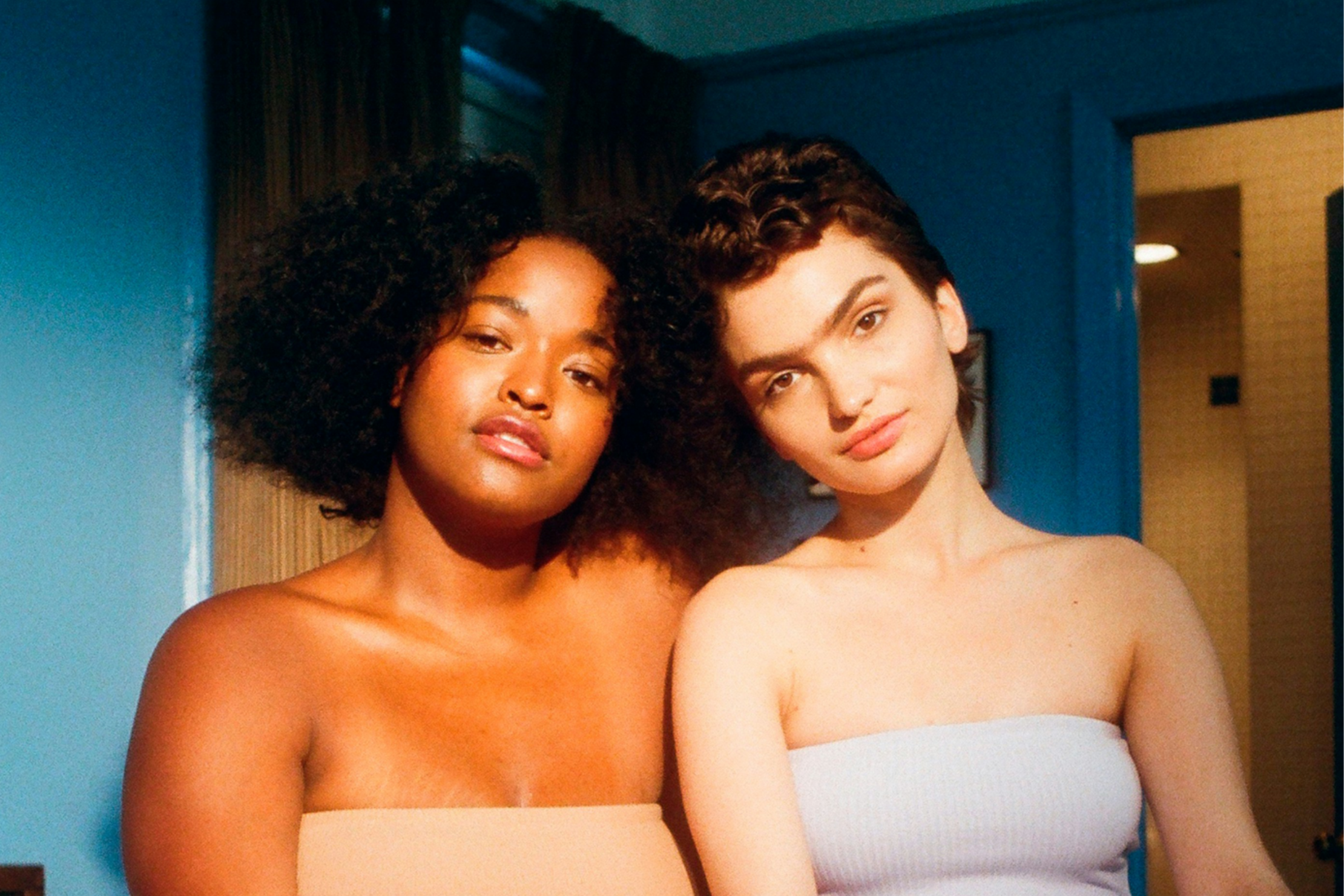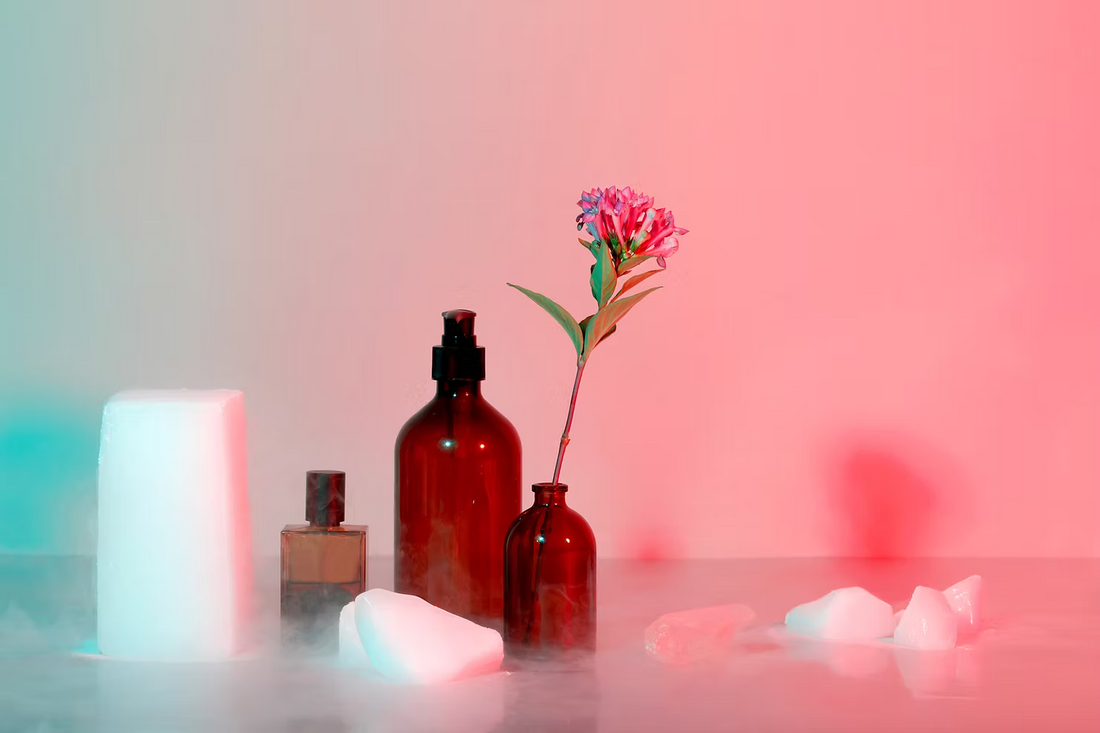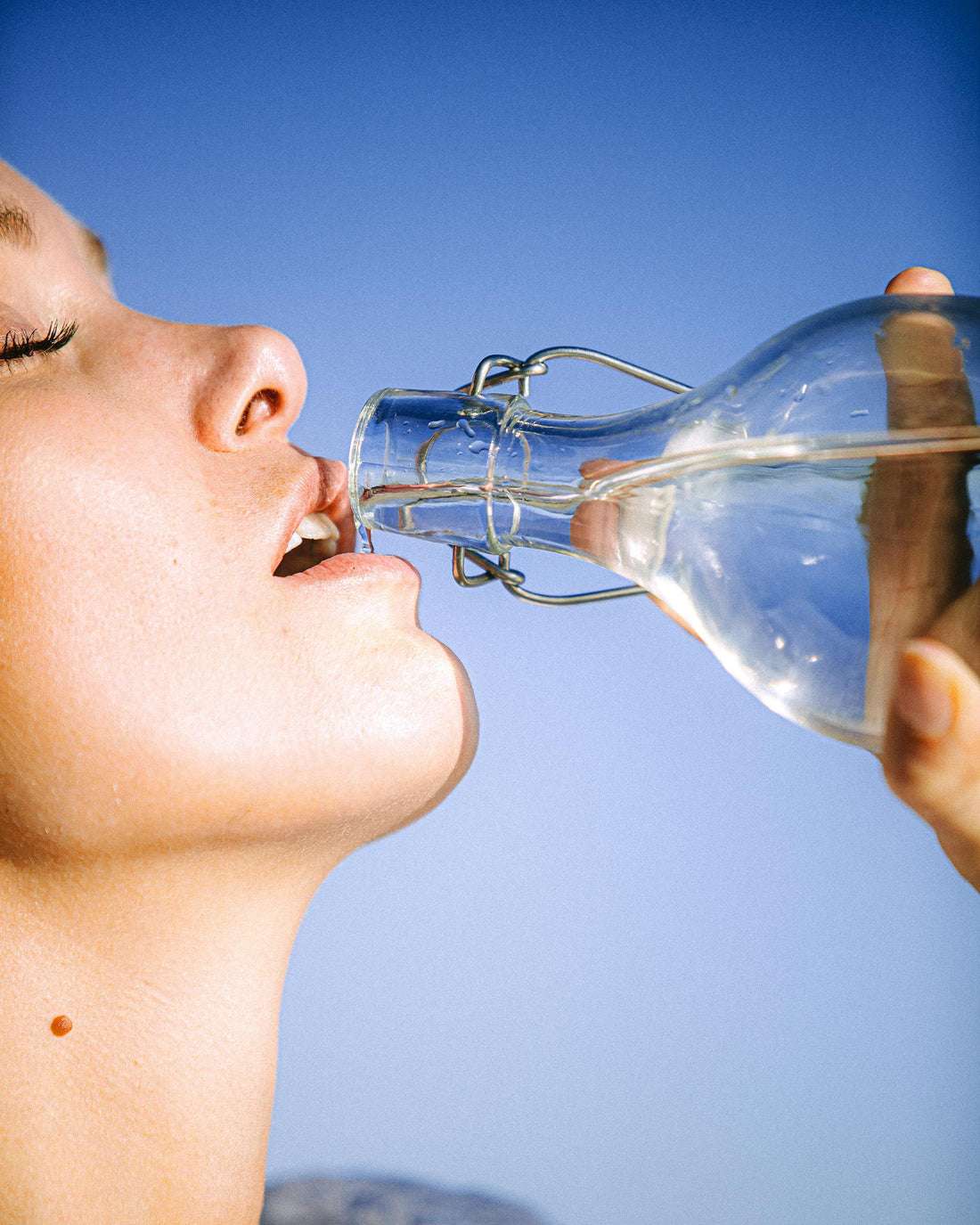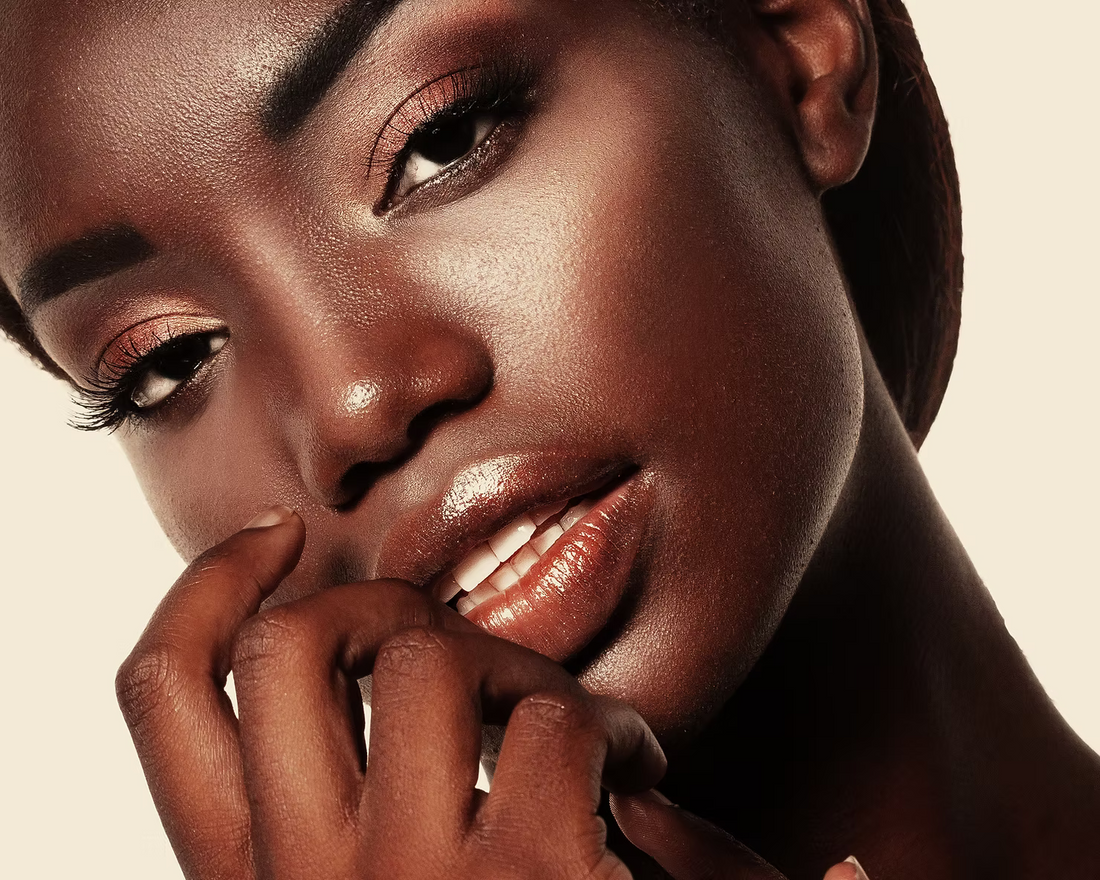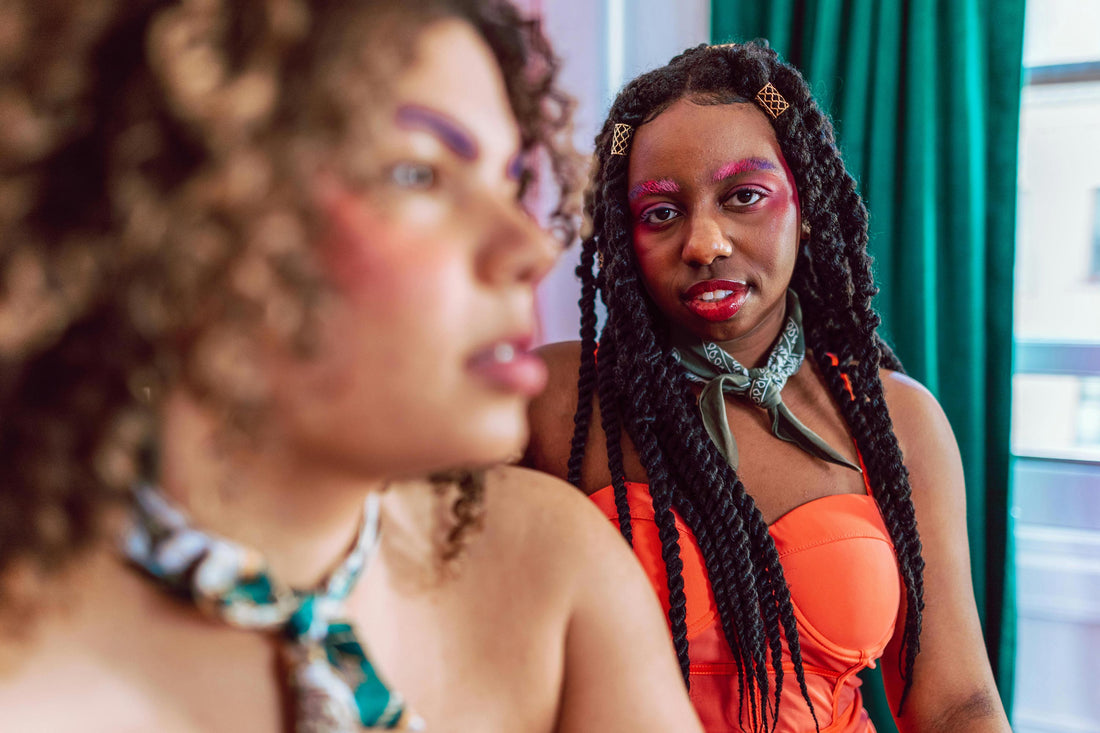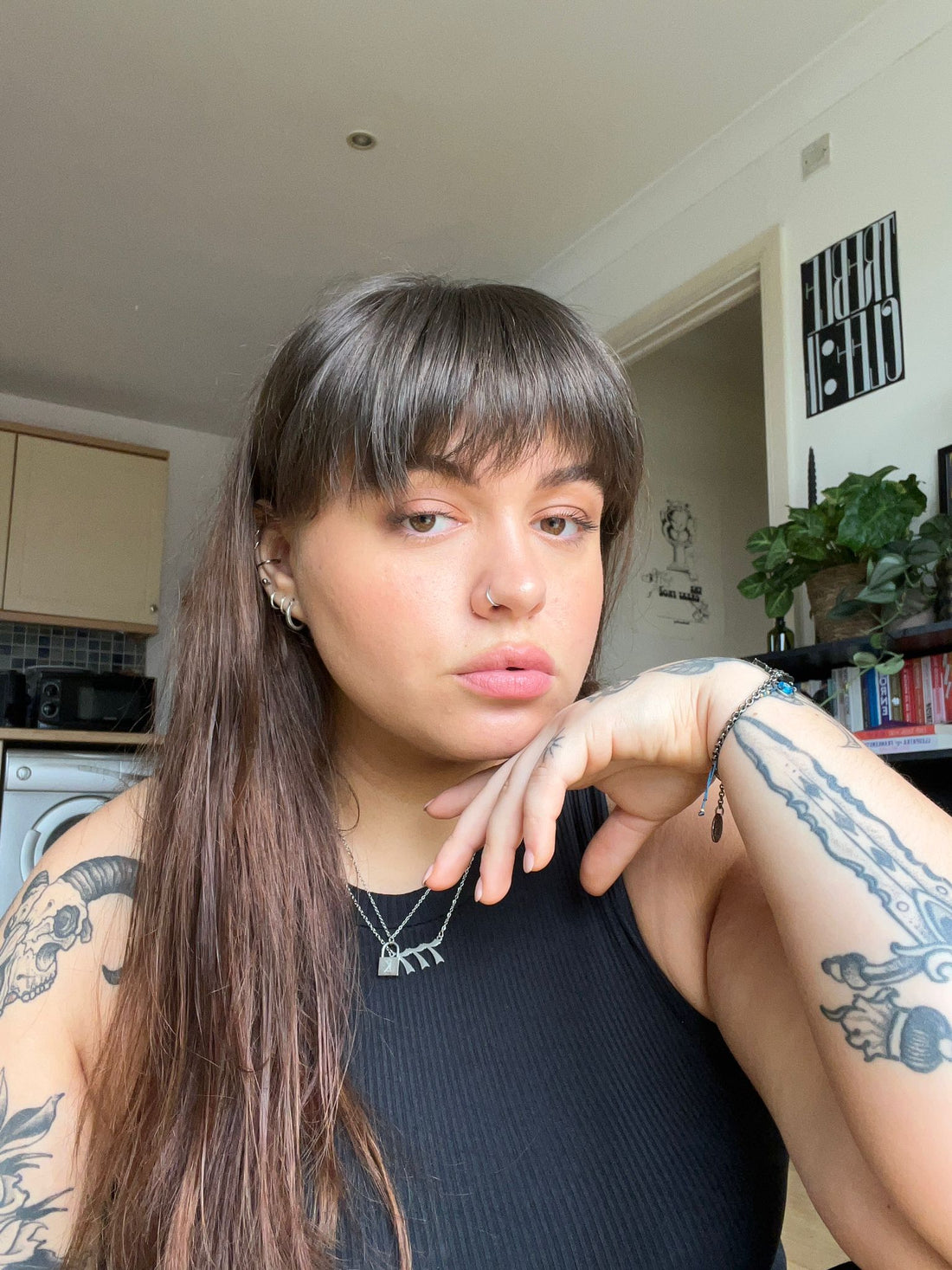Fostering a community of self-love, authenticity, and inclusivity since 2023 :)
Lebublog
Upcycled Ingredients: Circular Economy in Beauty
Upcycled beauty is not a trend but a revolution. By turning waste into powerful cosmetic ingredients, brands reduce environmental impact while consumers enjoy products rich in natural actives. Beauty and sustainability now walk hand in hand.
Learn moreLesbian Visibility Week: The L of the LGBTQIA+ Community
Lesbian Visibility Week shines a light on the resilience and love of lesbian women, amplifying voices too often left unheard. It is a moment to challenge stereotypes and advocate for inclusion and equality.
Learn moreBeauty Industry's Water Footprint & Sustainable Solutions
Beauty products use up to 85% water, with the industry consuming 120B liters a year. From farming to packaging and wastewater, the footprint is massive—but waterless beauty, eco packaging, and smarter routines show a path to sustainability.
Learn moreBeauty Standards, Social Media, Cyberbullying: Impact on EDs
The Settimana Lilla, starting on March 9, once again shines a light on eating disorders (EDs). After exploring the physical and psychological consequences in the first chapter, this second installment focuses on the root causes: genetic, biological, psychological, cultural, and environmental factors, all intertwined with unrealistic beauty standards and social pressures. In particular, social media has amplified body shaming and cyberbullying, fueling body image distortions and harmful eating behaviors. The article emphasizes the importance of self-acceptance, critical media literacy, and social support as key tools to confront EDs and foster a more inclusive culture that values body diversity.
Learn moreAnorexia, ARFID, Binge Eating & Other Eating Disorders Types
Eating Disorders Awareness Week (EDAW) is held annually, starting the last Monday of February, to shed light on eating disorders and their impact on body and mind. These conditions are not lifestyle choices but serious psychiatric illnesses with high risks of mortality and comorbidity. EDs affect millions worldwide: over 21 million people in the U.S. and 20 million in Europe, with a worrying rise among adolescents, particularly since the Covid-19 pandemic. Consequences are severe, ranging from cardiovascular damage to psychological distress, making early detection and treatment crucial. Awareness weeks, symbolized by the lilac ribbon, serve as a global reminder that EDs require both medical and social recognition, as well as institutional responsibility.
Learn moreMakeup for Black People: Challenges & Progress for Equity
The beauty industry has long sidelined Black consumers—limited shades, poor access, and low representation. True inclusivity means changing that for good.
Learn moreVegan Makeup: The Rise of Vegan Beauty
Vegan beauty is no longer niche—it’s a booming $18B industry redefining the future of cosmetics. From understanding what “vegan” really means to debunking myths about performance, price, and shelf life, this article unpacks how vegan beauty differs from organic, natural, cruelty-free, and Halal.
Learn moreChallenging Ageing Stereotypes & Ageism in Beauty
The beauty industry has long worshipped youth, framing wrinkles and grey hair as flaws to erase rather than milestones of a life well-lived. Research shows how advertising and product marketing have excluded older generations, reinforcing fear and stereotypes around ageing. Yet change is underway: brands like L’Oréal, The Body Shop, and Shiseido are shifting from “anti-ageing” to “pro-ageing,” while influencers like Lyn Slater (Accidental Icon) or the “Old Gays” are redefining ageing as a symbol of strength, authenticity, and freedom.By 2040, one in four people will be over 65, making age inclusivity not only a social responsibility but also a cultural and economic necessity for the beauty industry.
Learn moreMegan Carley: Breast Cancer in the Early Twenties
Diagnosed with breast cancer at just 20, Megan faced treatment while studying at university. Her journey is a powerful testimony of resilience—turning scars into symbols of strength and urging the importance of self-checks and early detection.
Learn more
